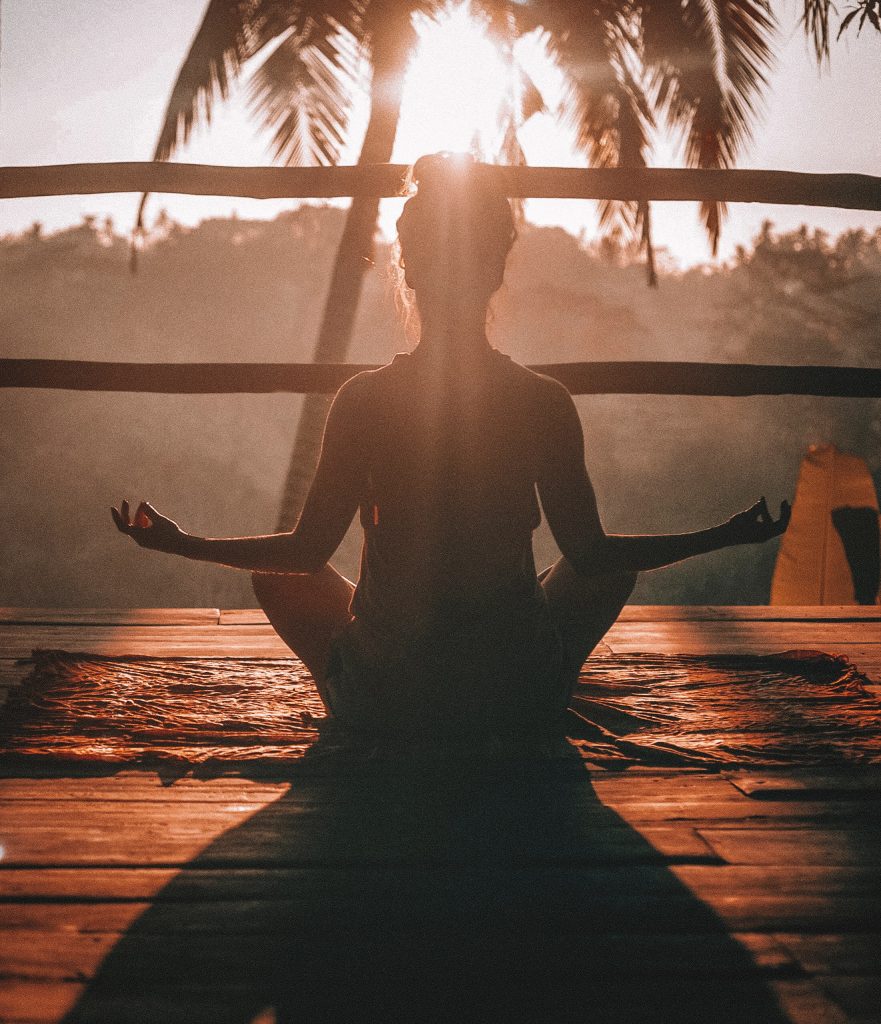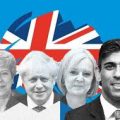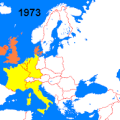Shape the Future Together
Activity Description, Why This Matters Now, & Future State
Content
This discussion aims to ignite a worldwide conversation, drawing on the collective insights of individuals, communities, and leaders. By uniting diverse perspectives, we strive to craft actionable ideas that address global challenges like inequality, climate change, and political polarisation. This activity is not just about talking—it’s about building bridges, generating solutions, and driving real progress.
Location or Area Impacted
Address
Frimley, Surrey Heath, Surrey, England, GU16 7HR, United Kingdom
Next Steps
Help Needed
Publicity, Debate, Public Support
Other Help Options
Like or Dislike Listing, Review Listing, Share Listing, Invite Others
Next Steps
The world’s future depends on the conversations we have today. Join this vital discussion to help shape a shared vision for a better tomorrow. Share your ideas, challenge assumptions, and inspire others to take action. Together, we can create a world that thrives on collaboration, inclusivity, and shared purpose. Don’t wait—your voice matters now more than ever.
Post Review
Login to Write Your ReviewThere are no reviews yet.




